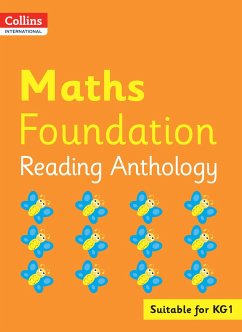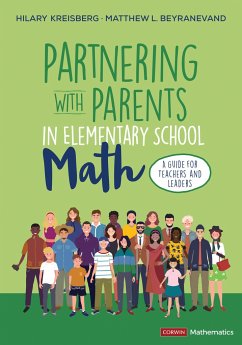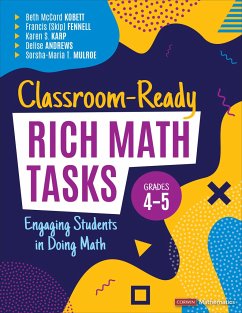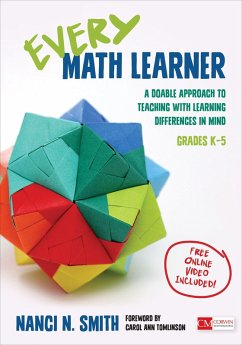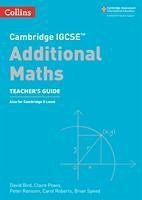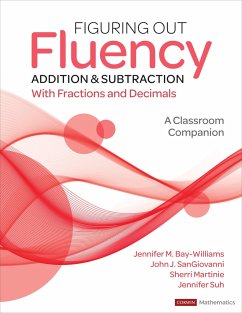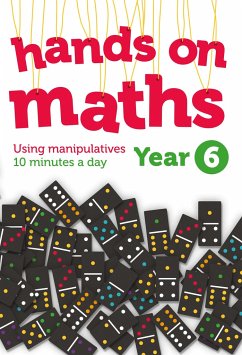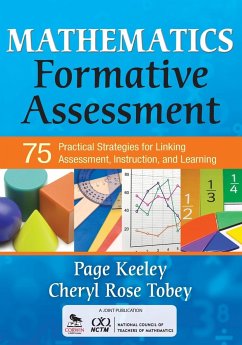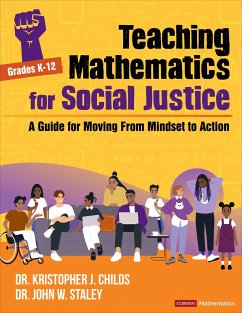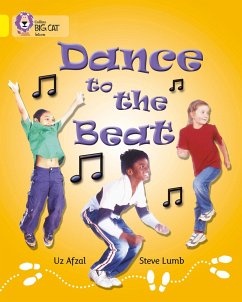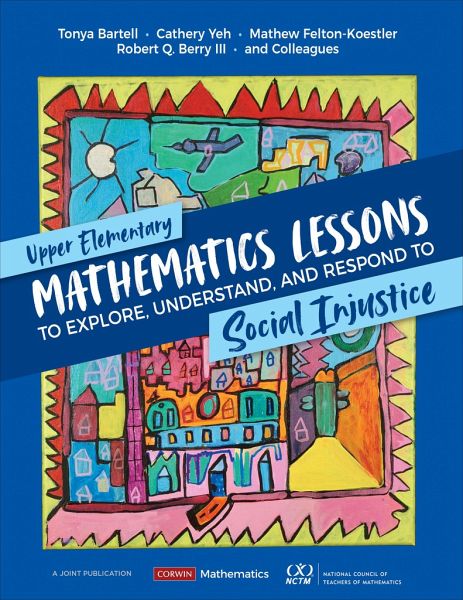
Upper Elementary Mathematics Lessons to Explore, Understand, and Respond to Social Injustice
Versandkostenfrei!
Versandfertig in über 4 Wochen

PAYBACK Punkte
19 °P sammeln!




Learn to plan instruction that engages upper elementary students in mathematics explorations through age-appropriate and culturally relevant social justice topics.
Tonya Gau Bartell is currently an associate professor of mathematics education in the College of Education at Michigan State University and serves as the associate director of elementary programs. Tonya earned a BS in mathematics from St. Cloud State University, an MA in curriculum and instruction from the University of Minnesota, and a PhD. in curriculum and instruction at the University of Wisconsin-Madison. Tonya began teaching 25 years ago as a high school mathematics teacher, including 3 years as a founding teacher in an alternative high school to support students labeled as not succeeding by the system. For the last 15 years, she has volunteered in elementary mathematics classrooms and studies elementary mathematics education. Tonya is passionate about learning about and supporting teachers in developing equitable mathematics instructional practices that recognize and transgress systemic inequity. She understands that issues of culture, race, ethnicity, identity, and power influence students' opportunities to learn and teachers' opportunities to teach mathematics and that these factors must be explicitly discussed and addressed if we hope to fully support equitable mathematics teaching and learning. Tonya is honored to have participated in the writing of this book and in continued efforts supporting mathematics education that explores, understands, and responds to social injustice and supports students' learning of mathematics.
Produktdetails
- Corwin Mathematics Series
- Verlag: SAGE Publications Inc
- Seitenzahl: 304
- Erscheinungstermin: 25. August 2022
- Englisch
- Abmessung: 277mm x 213mm x 20mm
- Gewicht: 892g
- ISBN-13: 9781071845516
- ISBN-10: 1071845519
- Artikelnr.: 63872374
Herstellerkennzeichnung
Libri GmbH
Europaallee 1
36244 Bad Hersfeld
gpsr@libri.de
Für dieses Produkt wurde noch keine Bewertung abgegeben. Wir würden uns sehr freuen, wenn du die erste Bewertung schreibst!
Eine Bewertung schreiben
Eine Bewertung schreiben
Andere Kunden interessierten sich für


